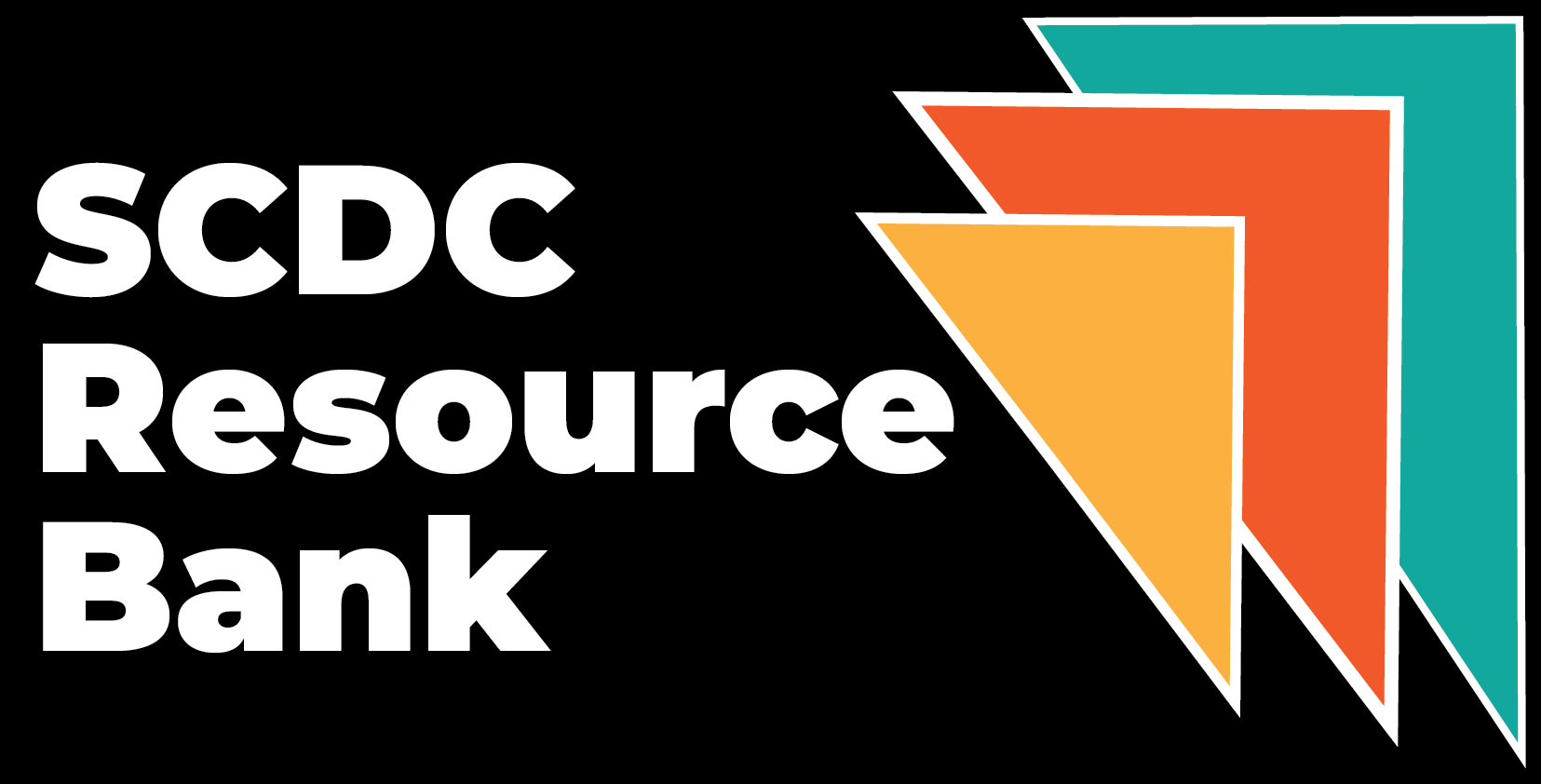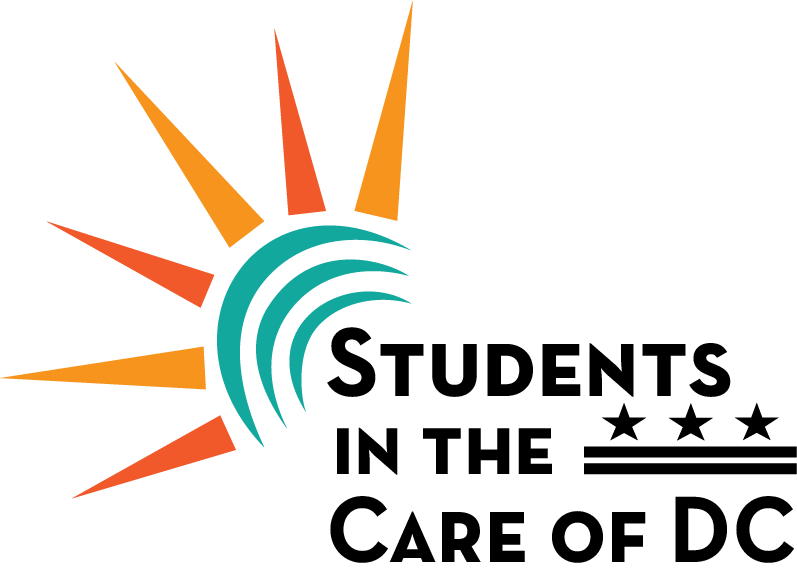Research has proven that programming, targeted outreach, and engagement with parents, guardians, and caregivers has positive correlations to a student’s academic performance, including higher grades and test scores, increased school promotions and graduation rates, improved attendance, and better behavior in school.. We know that supporting students with system involvement is only the first step; therefore, we are vigilant in our efforts to extend our support to the parents, resource parents, and other caregivers with loved ones in the care of the District of Columbia.
The SCDC works diligently to be a support system for resource parents/guardians, parents/guardians impacted by the child welfare system, and parents/guardians impacted by the justice system. As new materials and supports are curated, they will be shared here.
Child Welfare System
CFSA provides a list of resources and additional information on their services for families here. Additionally, CFSA’s Resource Parent Handbook for 2018, which has 12 different chapters outlining current practices, policies, and instructions for any adult who has the responsibility for the care and supervision of children or youth in the District of Columbia’s child welfare system, can be accessed here. This resource is continually updated and added to as new policies or guidelines are implemented.
Foster and Adoptive Parent Advocacy Center (FAPAC)
Established in 2000, FAPAC is a foster parent, kinship, and adoptive parent network that both supports resource parents and allows them to be advocates for their families. Currently, the group hosts virtual monthly peer support groups for resource parents to connect with one another and discuss challenges they may be facing. FAPAC works closely with CFSA, and SCDC is looking for opportunities to support their work. To learn more about their mission and values or to look for their next meeting visit their website here.
Juvenile & Adult Justice Systems
DYRS has specific resources for families, including additional information on parental/guardian rights, expectations, visitation guidelines and more here. Further, DYRS’ publication from 2017, What Love Looks Like, A Voice for Your Family, provides an overview and answers questions for parents and caregivers with youth in the care of DYRS. It can be accessed here.
Anchored in Strength Family Support Group
Supported by DYRS and led by Ms. Princess Whitaker Taylor, the Anchored in Strength Family Support Group creates a safe space for parents and guardians to meet and share about their young person’s involvement with DYRS and learn more about resources that may be available to them. To learn more about the program and upcoming meetings, please refer to the DYRS website and calendar.
Featured Resources:
COVID-19 Resources and Guidance for Parents and Students
By: Office of the State Superintendent of Education (OSSE) | 2020
OSSE has collected and is continually updating resources as it relates to COVID-19 and schools. Resources for parents and students are provided here and include information on distance learning, free meal sites, graduation requirements, and childcare resources. Check back for newly added resources. LEA Continuous Education Plans are also accessible here.
Special Education Resource Hub: What Families & Students Need to Know this Year
By: Office of the State Superintendent of Education (OSSE)
OSSE has gathered resources and guidance for students and families in DCPS, DC Public Charter Schools and Nonpublic Special Education Schools. This guidance is available in seven different languages.
District of Columbia Student Discipline Guide: A Guide for Students, Families and School Staff
By: The Office of the Student Advocate, DC Office of the Ombudsman for Public Education, and developed in partnership with Every Student Every Day | 2020
This is a tool that clearly articulates and displays the laws related to school discipline, key terminology, one's rights (see pages 4-5), connected agencies and offices to know, and how to best self advocate. The end of the document provides phone numbers for agencies and offices connected to student discipline.
SCDC Resource Bank: Parent & Family Resources
 The SCDC Resource Bank was established to be a living hub of resources, best practices, guides and other materials specifically dedicated to meeting the needs of parents, guardians and caregivers with children and young people who are system involved. Resources on navigating these complex systems, educational supports, and advocacy tools are provided on the following pages.
The SCDC Resource Bank was established to be a living hub of resources, best practices, guides and other materials specifically dedicated to meeting the needs of parents, guardians and caregivers with children and young people who are system involved. Resources on navigating these complex systems, educational supports, and advocacy tools are provided on the following pages.

